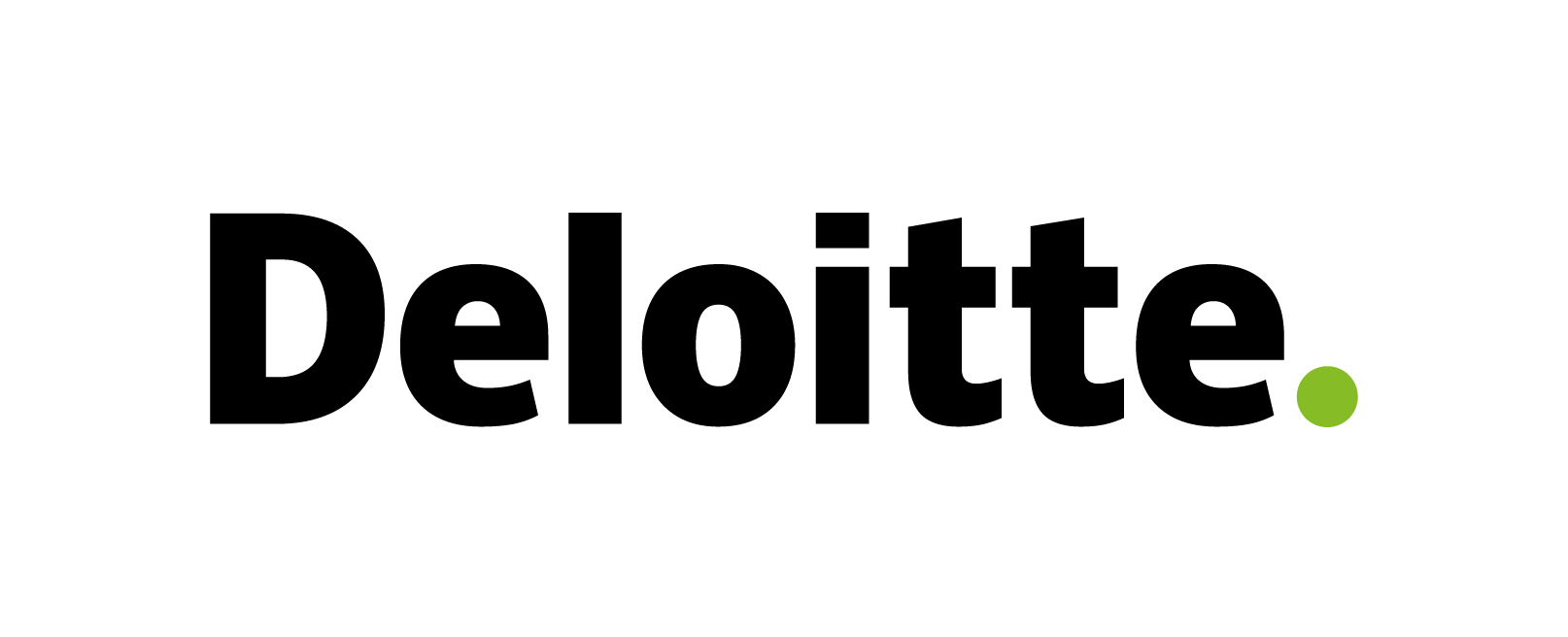Deloitte Survey: Skills-based Volunteering Increases Employability, But Overlooked by Most Unemployed College Grads and Returning Vets
A majority of recruiters say volunteer experience makes candidates more desirable, but most applicants don't consider this as a bridge to employment
NEW YORK, August 1, 2013 /3BL Media/ -- According to a new survey from Deloitte, human resources (HR) executives agree that skills-based volunteering enhances the job prospects for graduating college seniors and returning military veterans. Yet, despite challenging economic times, less than half of the college students (46 percent) and military personnel (48 percent) surveyed think of volunteering at a nonprofit as a way to develop skills and gain the experience needed to land a future job.
The 2013 Deloitte Volunteer IMPACT Survey polled HR executives, college seniors and military veterans. According to the HR executives surveyed:
- When evaluating a job candidate, experience gained through skilled volunteering would be taken into account (81 percent)
- Skilled volunteer experience makes a job candidate more desirable (76 percent)
- Skilled volunteer experience makes a college graduate more desirable (81 percent)
- Skilled volunteer experience makes a serviceman more desirable (78 percent)
With unemployment still high, findings from the study are particularly pertinent to the population that was surveyed. This includes recent college graduates who are unemployed, underemployed and may be carrying college-related debt, as well as unemployed post 9/11 veterans, based on the Bureau of Labor Statistics, amongst those in the 20-24 age range.
"It is clear that the skills and experience gained through volunteering offer a competitive edge," said Evan Hochberg, national director, Community Engagement, Deloitte Services LP. "However, when more than half of college grads and returning veterans don't consider volunteering to improve their employability, there is work to be done to help them see the upside of volunteer bridging as a viable job search option."
The 2013 Deloitte Volunteer IMPACT Survey findings add to other recent research supporting the benefits of volunteerism, notably findings from the Corporation for National and Community Service (CNCS)—Volunteering as a Pathway to Employment.
"Many of us in the volunteer sector have long felt volunteering gives a boost to those looking for work, but we've never had solid research to back it up," said Wendy Spencer, CEO of CNCS. "These reports provide strong evidence that volunteering is beneficial for jobseekers. Whether serving in AmeriCorps or sharing your professional skills at a nonprofit, volunteering can provide the skills, contacts, and leadership qualities that make you stand out in a competitive job market."
Volunteerism Has Important Benefits and Delivers Business Value
As expected, the survey also confirmed that volunteerism—both traditional and skilled—is encouraged at many organizations through corporate citizenship programs. Responses indicate that most HR executives believe volunteering is beneficial for their employees (65 percent), and contributes toward a positive reputation (88 percent). From an internal standpoint, slightly more than half of the HR executives surveyed (52 percent) say volunteerism is an important element of their organization's culture.
"As passionate advocates of skilled volunteerism and pro bono service in our communities, we are excited about its benefits as a bridge to employment," said Joe Echevarria, chief executive office, Deloitte LLP. "These findings align with our efforts to foster a college going culture, support returning veterans, and in the process make our communities and America stronger."
About Deloitte Community Engagement
Deloitte helps people and communities thrive in three ways:
- Leveraging innovative thinking to strengthen nonprofit capacity by helping with strategic, operational and financial challenges, so nonprofits can help more people and communities faster and better.
- Complementing innovative thinking with an investment of financial resources at the national and regional level.
- Creating and sharing new research, content and insights on ways organizations can leverage skills-based volunteerism.
About this Survey
The Deloitte Volunteer IMPACT Research Series is a key component of Deloitte's commitment to building the case for, and advancing the dialogue about, corporate skills-based volunteerism. The 2013 Deloitte Volunteer IMPACT Survey is the ninth in the series. For a complete archive of the Deloitte Volunteer IMPACT Research Series, visit www.deloitte.com/us/ImpactSurvey.
2013 Deloitte Volunteer IMPACT Survey Methodology
Results of the 2013 Deloitte Volunteer IMPACT Survey are based on online interviews with 202 HR executives, 202 college seniors, and 101 members of the U.S. armed forces who are to be discharged within the next 12 months. Interviews were conducted by a third party survey administrator between Feb. 1-8, 2013. The sample size of 505 at a 95 percent confidence level would equate to a +/- 4.4 percent margin of error had this been a random sample.
As used in this document, "Deloitte" means Deloitte LLP and its subsidiaries. Please see www.deloitte.com/us/about about for a detailed description of the legal structure of Deloitte LLP and its subsidiaries. Certain services may not be available to attest clients under the rules and regulations of public accounting.

